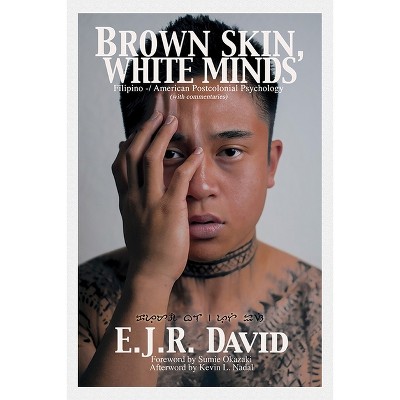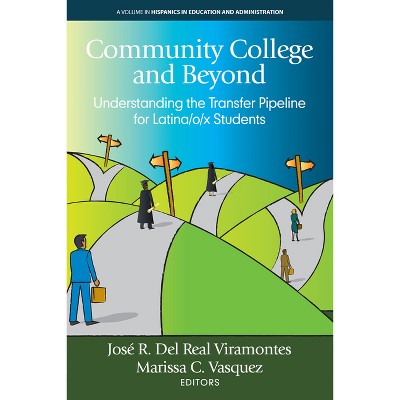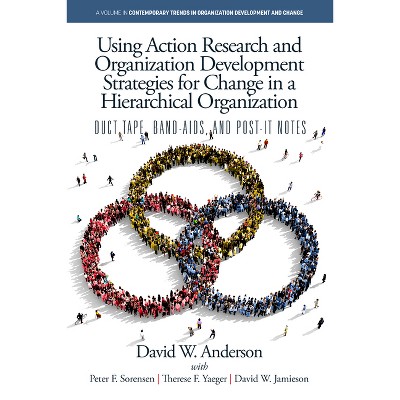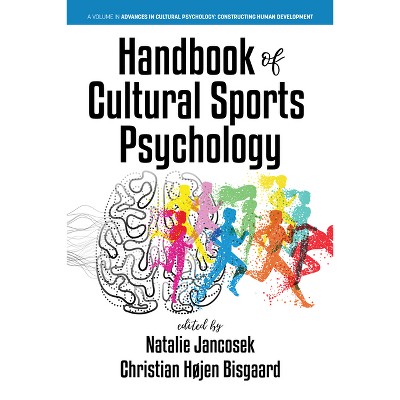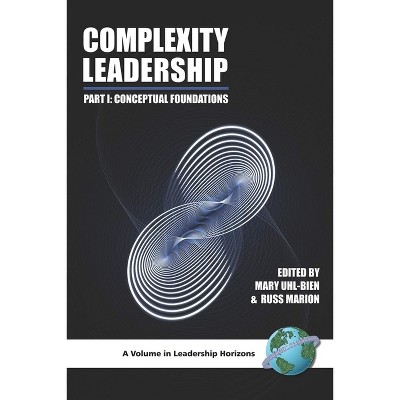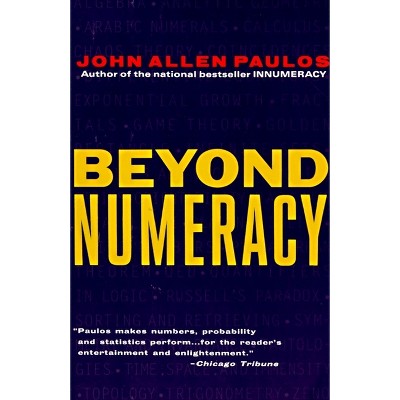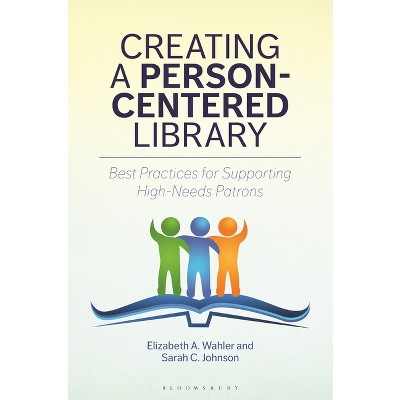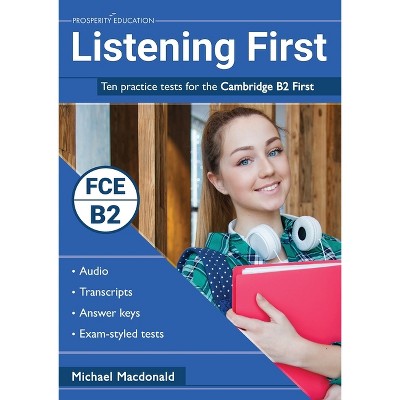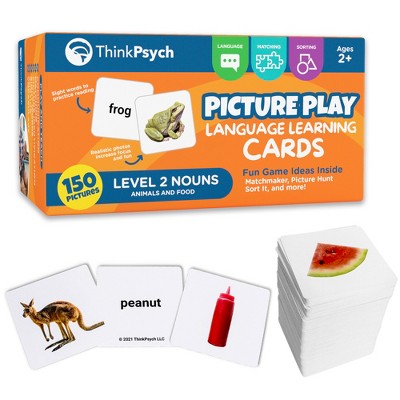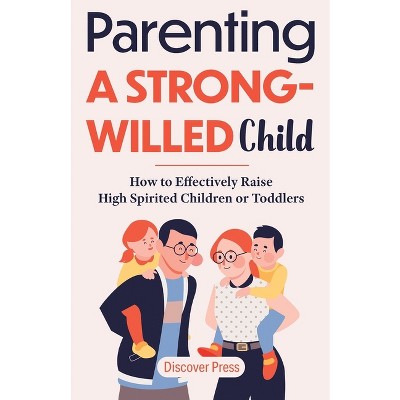
Kinship Worldview - by Paul Freedman & Donald Trent Jacobs (Paperback)
$48.49
In Stock
Eligible for registries and wish lists
About this item
Additional product information and recommendations
Discover more options
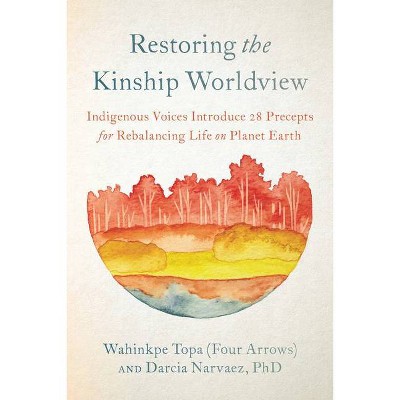
$17.38
was $18.89 New lower price
5 out of 5 stars with 1 ratings
Frequently bought together
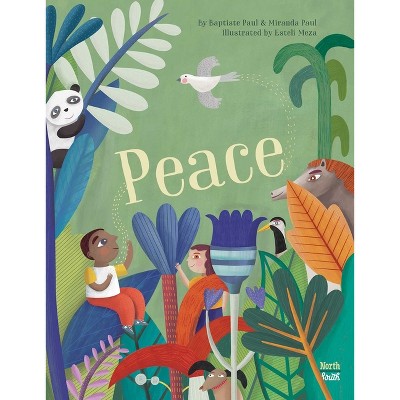
$9.67 - $12.17
MSRP $10.95 - $18.95
5 out of 5 stars with 5 ratings
Related Categories
Trending Non-Fiction


